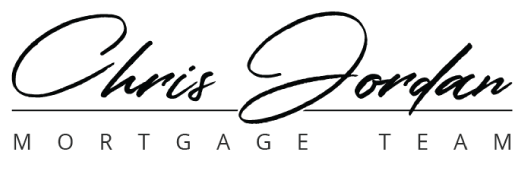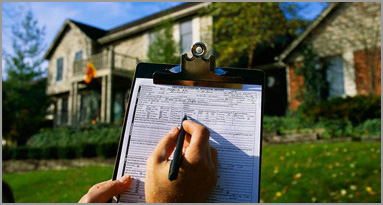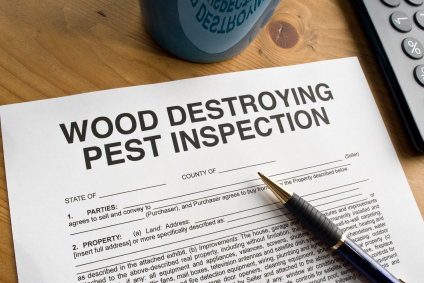I was able to get some very detailed insight from a local DMV appraiser and this is a synopsis of what they consider.
- Appraisers generally consider location first. They try to stay in same subdivision and/or natural boundaries. If there are not enough comps available they incrementally expand the search until they find suitable comps.
- Comps with settled dates less than 3 months are preferable., however, investors have softened somewhat and we they can now go back 6 months or even more if circumstances dictate.
- Most investors/lenders still require 1 or 2 active/pending listings with each report.
- Condition is huge in the appraisal process. Condition adjustments of 5%-15% are typical when appraiser can’t find comps with similar condition.
- Bathrooms are generally adjusted at $5000-$25000 depending on price range and market place. In DC metro area it is most typical to adjust for full baths in $7500-$15000 range.
- Bedroom counts are generally reconciled in the GLA (gross living area/above grade square footage). In other words, appraisers generally don’t make specific adjustments for the number of bedrooms. However, they try to find comparables with the same number of bedrooms, but it is not always possible.
- Appraisers try to use the same style when selecting comparables, but again it’s not always possible. Some are interchangeable though. For example, generally appraisers will compare colonials to colonials or cape cods to cape cods. Ramblers/ranchers to ramblers/ranchers or split levels, bi-levels, or split foyers and contemporaries to contemporaries. They almost always compare attached/semi-detached to attached/semi-detached and not fully detached dwellings.
- Square footage is typically adjusted between $50-150 per square foot in the DC metro area. It generally depends on cost to construct and the overall quality of the dwelling.
- The gross living area of a dwelling typically only includes levels that are fully above grade. Partially below grade levels are usually included in the basement section. If a level is primarily above grade and offers the quality and finish of fully above grade levels it can be included in the GLA if the comparables are treated similarly.
Additional appraiser insights:
Appraisals are often looked at by 3 or more underwriters/reviewers in the entire process. After loans are funded appraisers still have to address possible deficiencies noted by post-closing reviewer and they have to justify use and non-use of various sales. Reviewers will present specific “comparables” and ask why they were not included in the report. Appraisers have to support and defend specific adjustments, search parameters, reconciliation, etc. Appraisal reports are historical (“settled sales”) in nature with consideration given to current market conditions. Realtors often only consider the here and now, I.e. active listings and competition.
It’s always a good idea for the realtor to meet the appraiser whenever possible, unless you know they are familiar with the neighborhood. Even then, it is a good idea. If a realtor has specific knowledge of certain sales they should definitely let the appraiser know so he/she can make an informed opinion of value. Often times realtors know much more than appraiser about specific in a given neighborhood. Write down specific notes/facts which you know to be true about neighborhood sales. To provide insights or knowledge about neighborhood sales to the appraiser is not considered a tactic to influence value. It is simply providing the appraiser with detailed or specific knowledge which they may not have. A good appraiser will always listen.
Questions?
Click HERE to connect with us, or to have us contact you
Curious if you qualify? – Call or email us directly, or Pre-Qualify Here
Call us at (240) 670-5090 or email us at CJMT@mainstreethl.com



